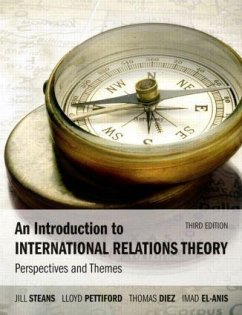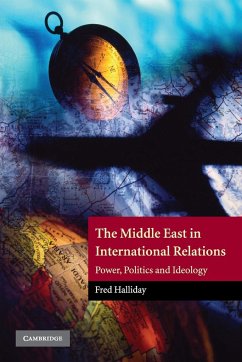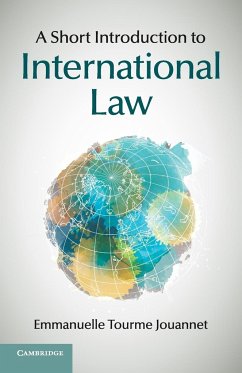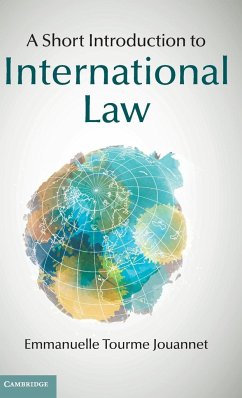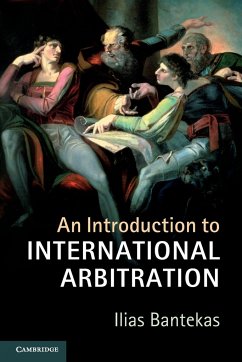Nicht lieferbar
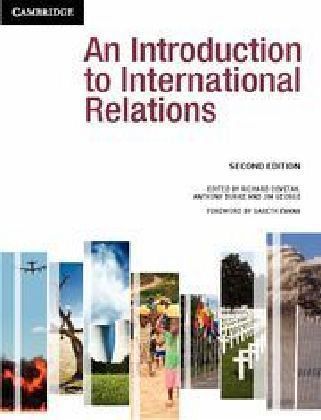
An Introduction to International Relations
Invaluable to students and those approaching the subject for the first time, An Introduction to International Relations, Second Edition provides a comprehensive and stimulating introduction to international relations, its traditions and its changing nature in an era of globalisation. Thoroughly revised and updated, it features chapters written by a range of experts from around the world. It presents a global perspective on the theories, history, developments and debates that shape this dynamic discipline and contemporary world politics. Now in full-colour and accompanied by a password-protecte...
Invaluable to students and those approaching the subject for the first time, An Introduction to International Relations, Second Edition provides a comprehensive and stimulating introduction to international relations, its traditions and its changing nature in an era of globalisation. Thoroughly revised and updated, it features chapters written by a range of experts from around the world. It presents a global perspective on the theories, history, developments and debates that shape this dynamic discipline and contemporary world politics. Now in full-colour and accompanied by a password-protected companion website featuring additional chapters and case studies, this is the indispensable guide to the study of international relations. Invaluable to students and those approaching the subject for the first time, this new edition provides a comprehensive and stimulating introduction to international relations and features chapters written by a range of experts from around the world. Nowin full colour and accompanied by a password-protected companion website.





